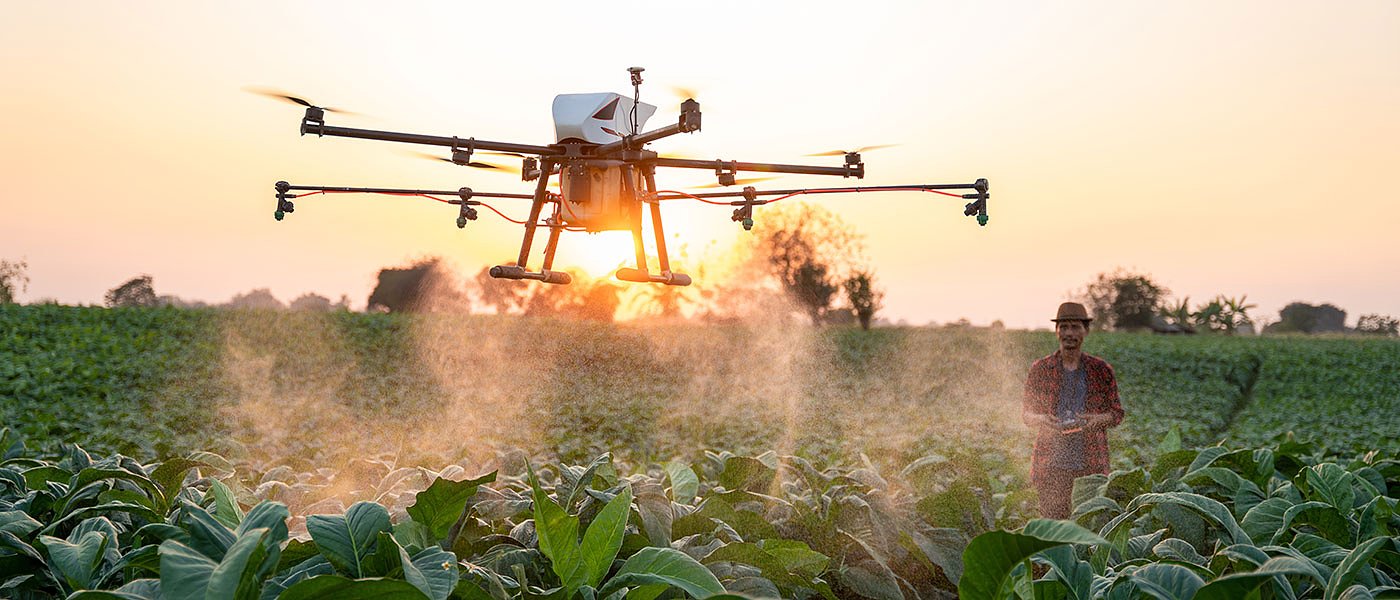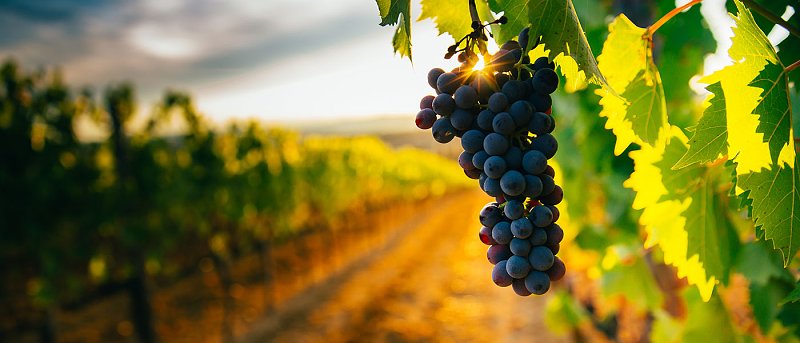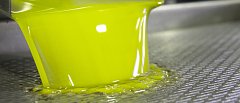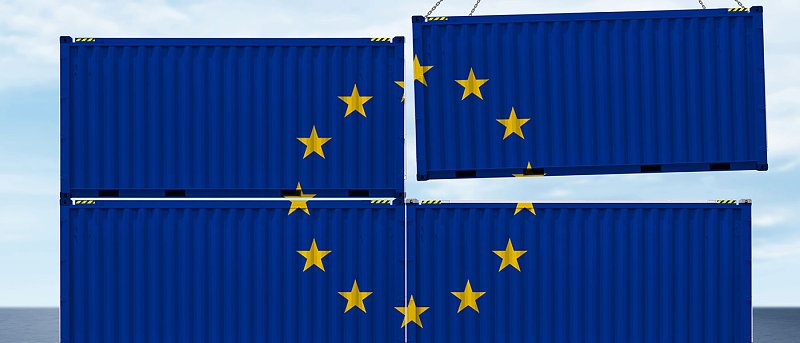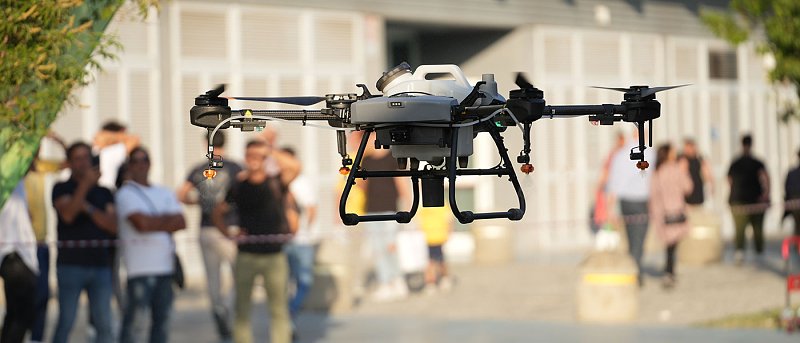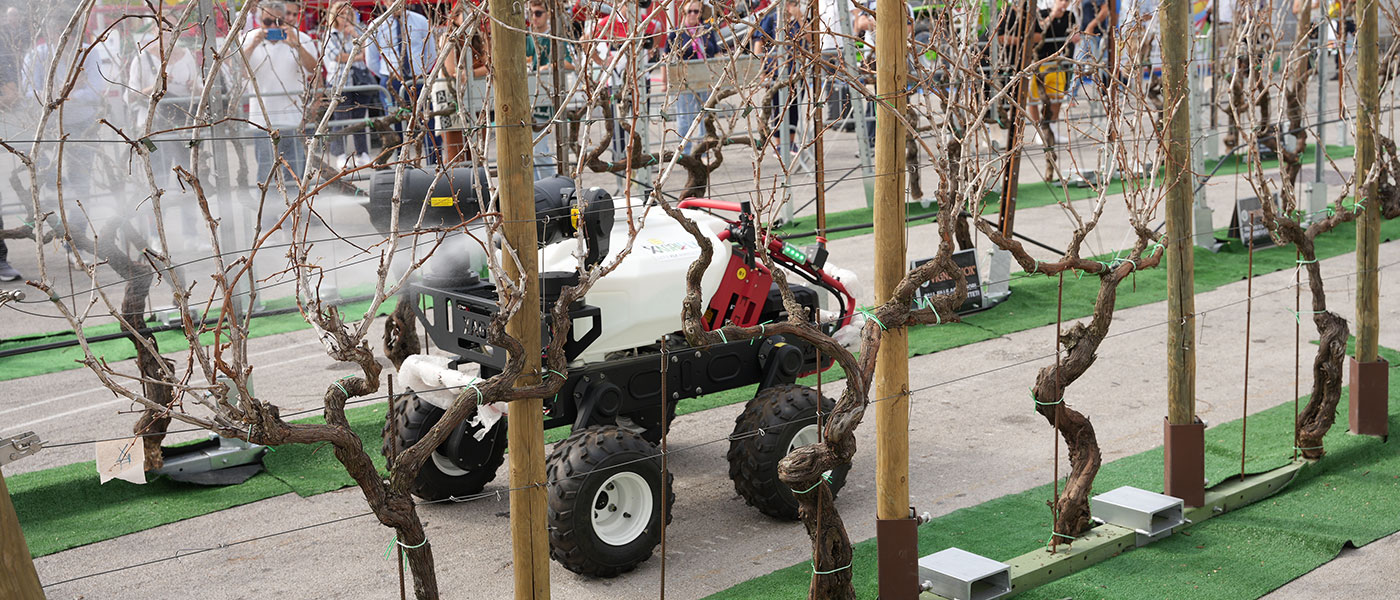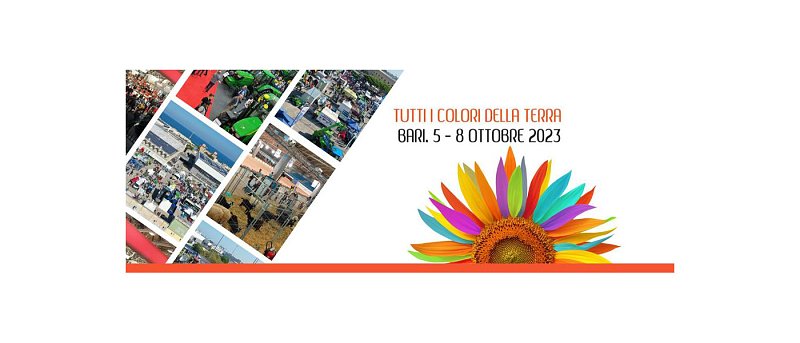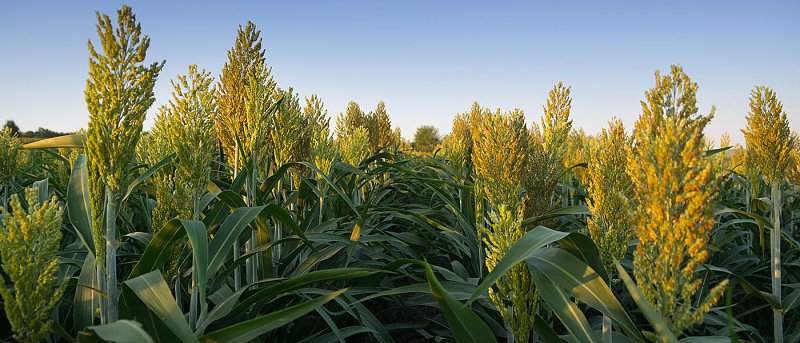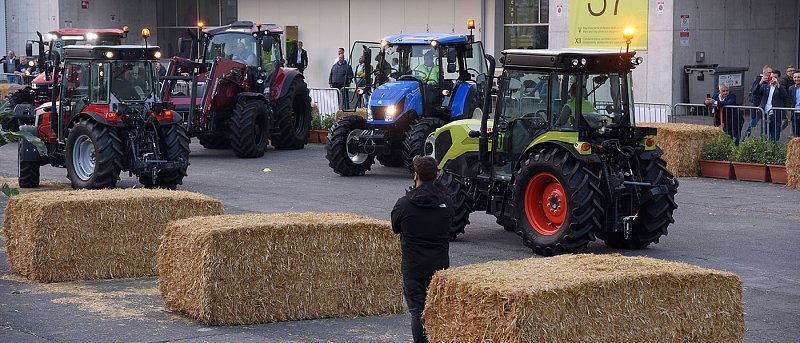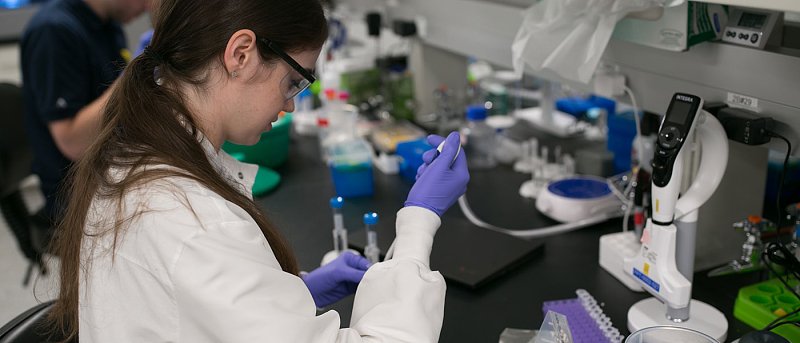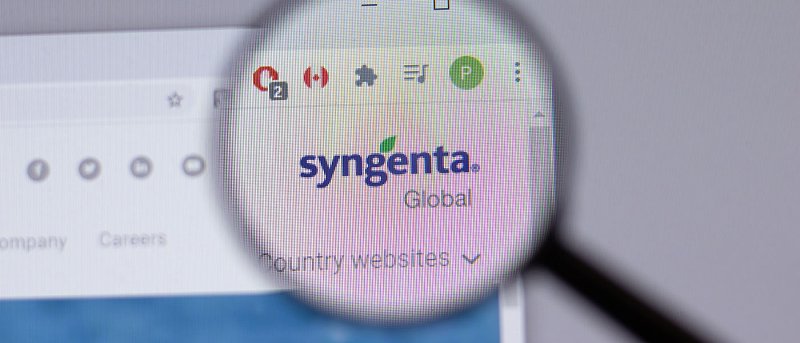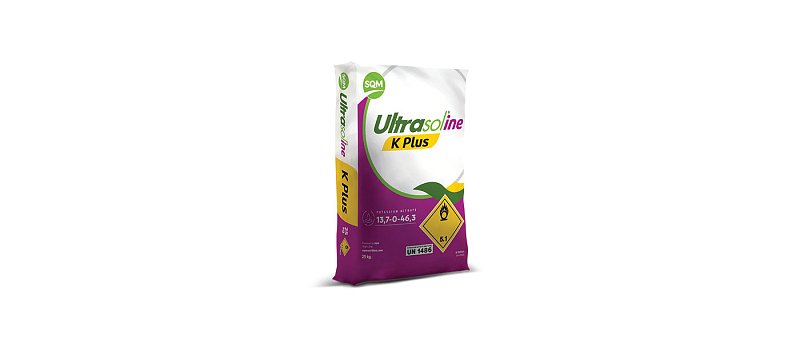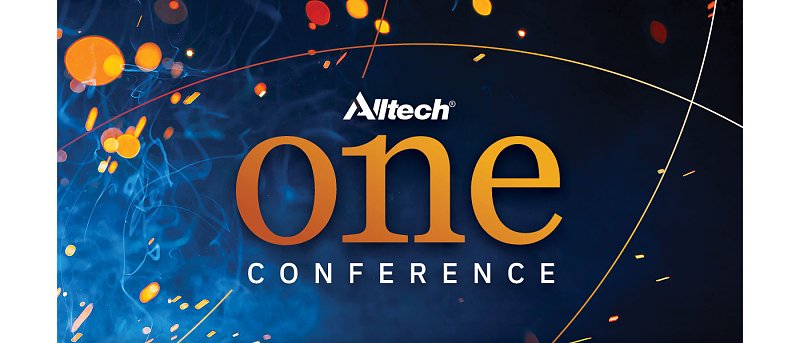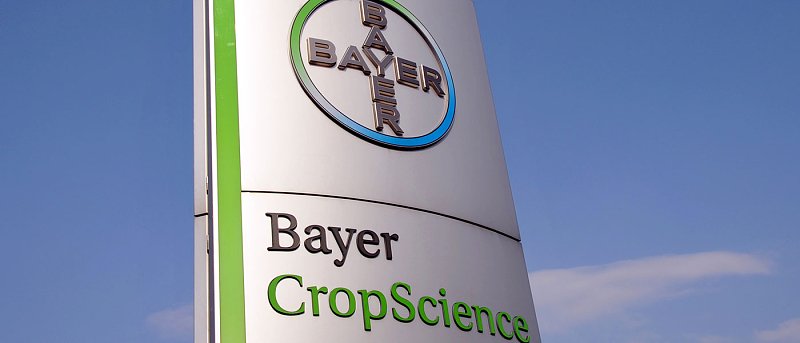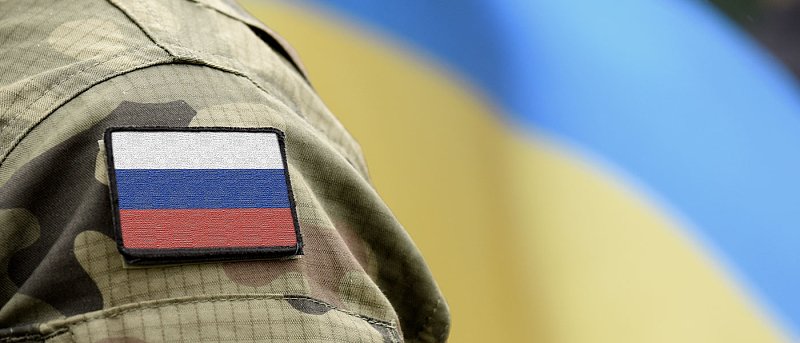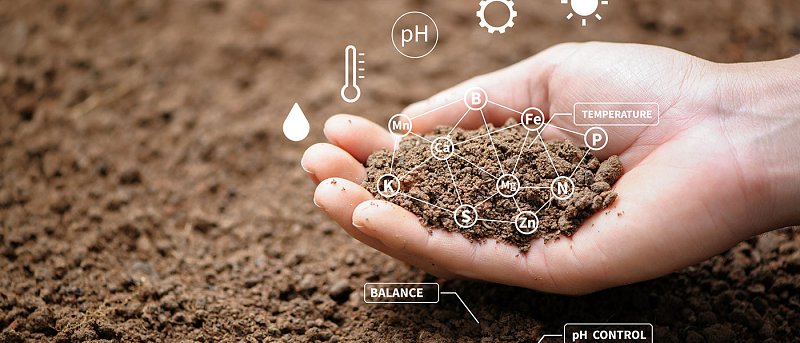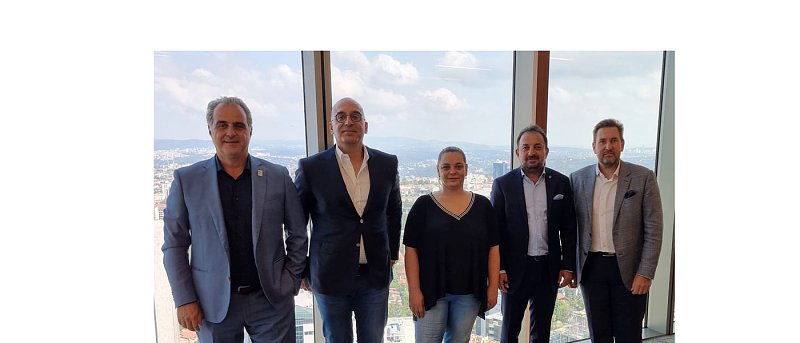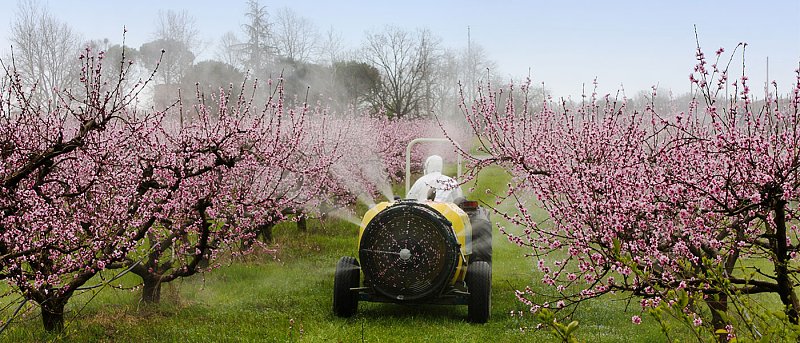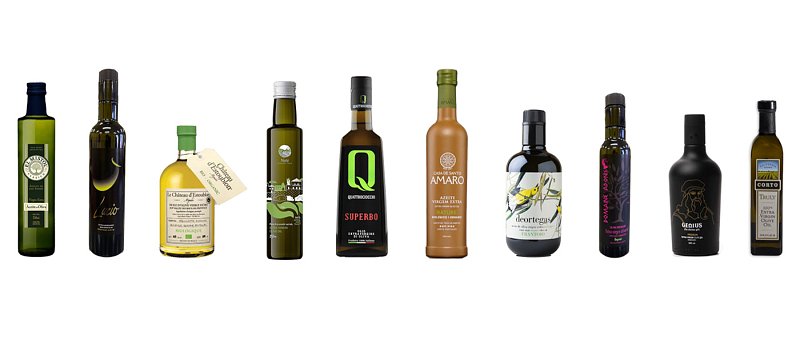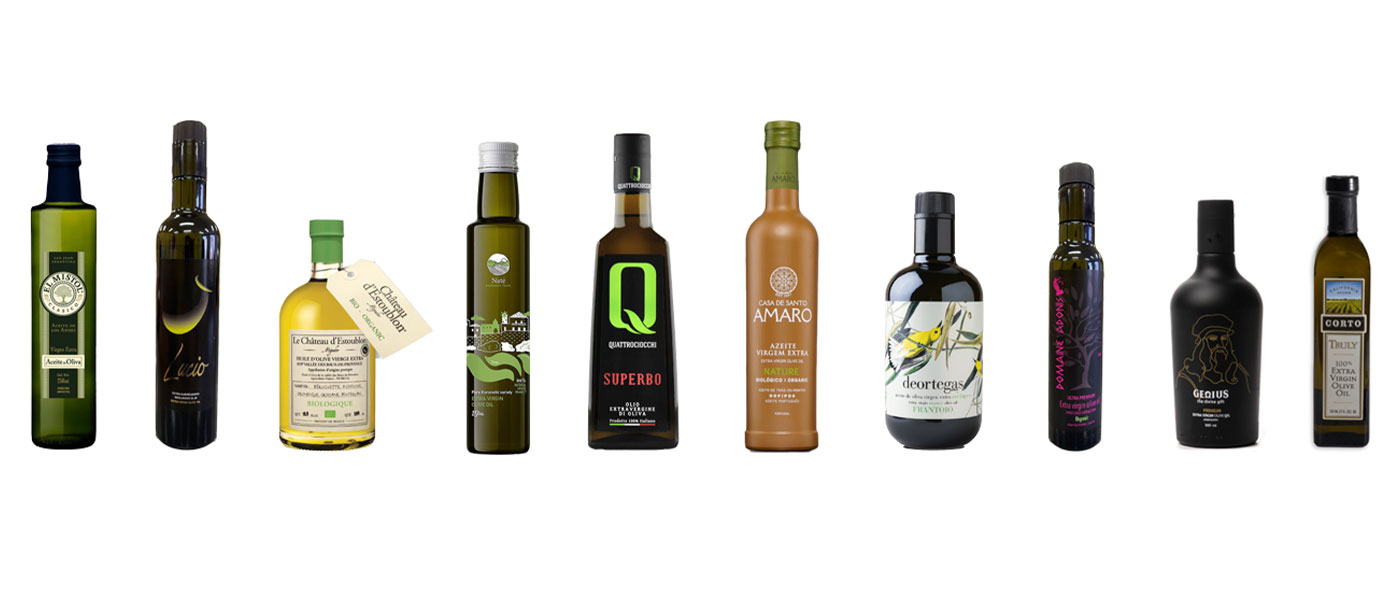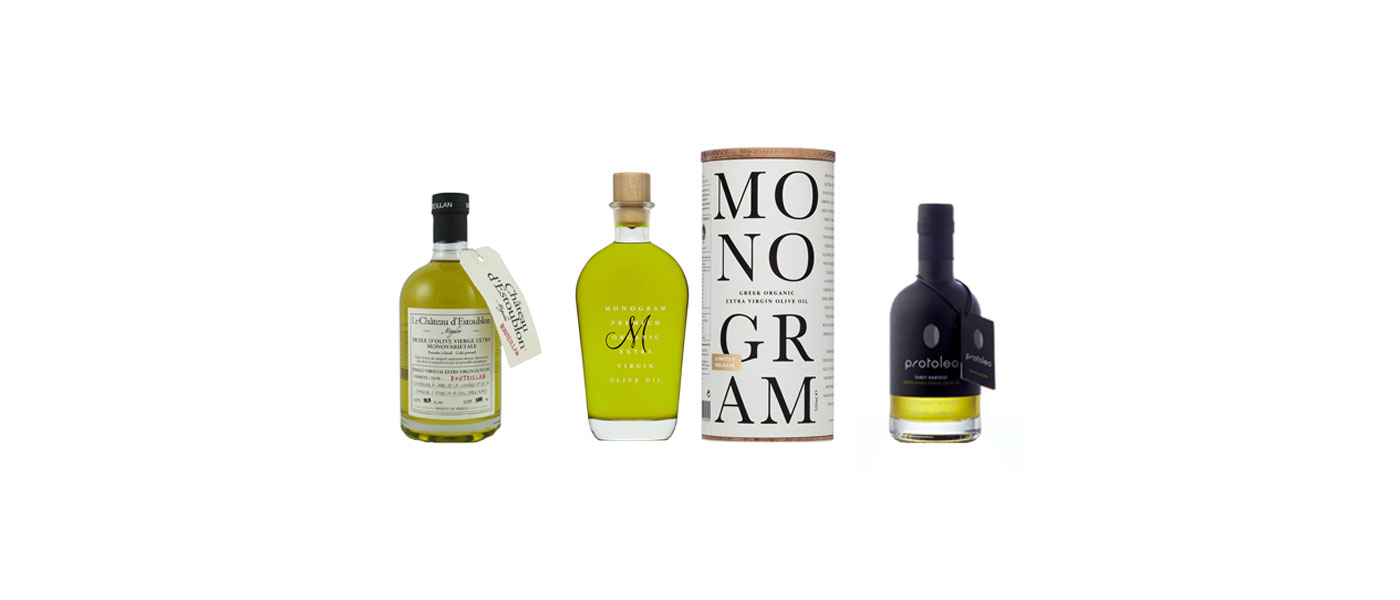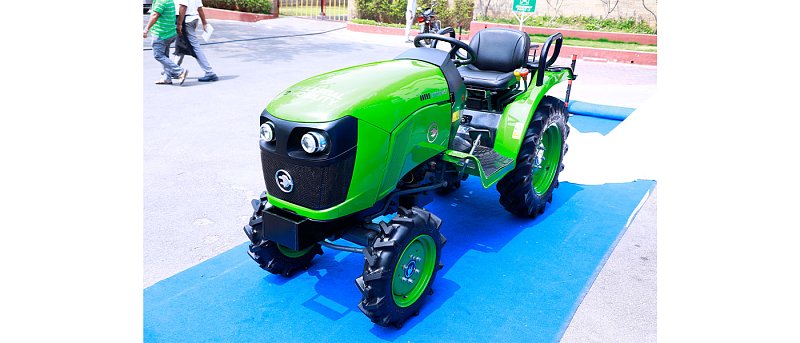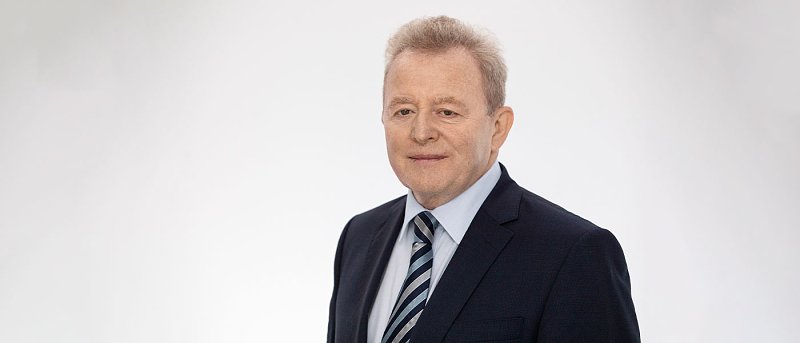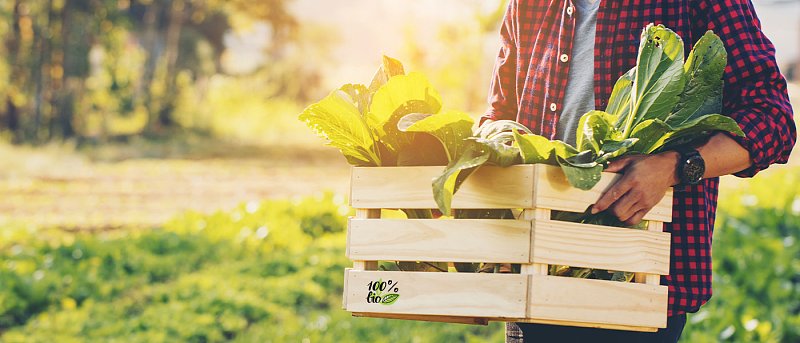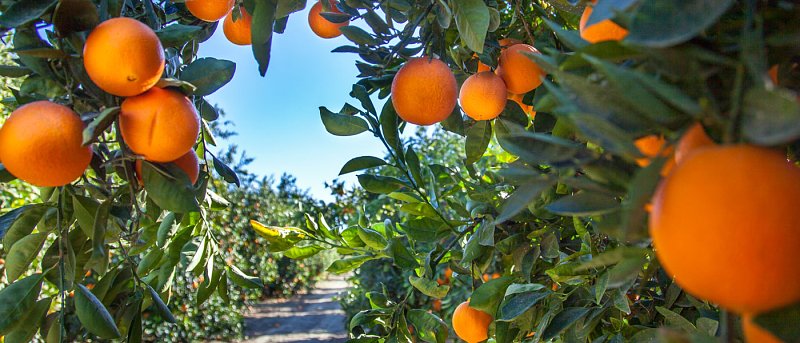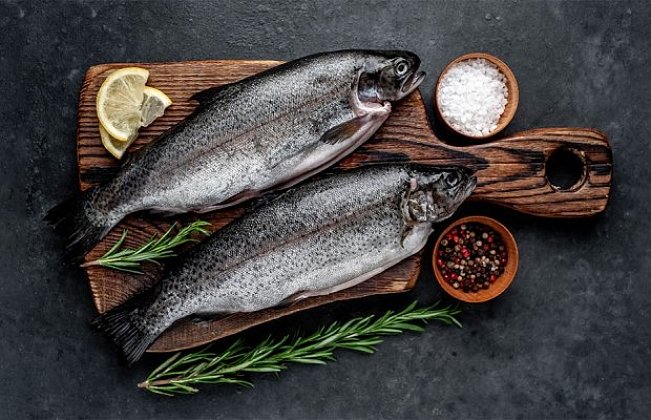Trout is a fish that belongs to the solomonids family. In fish breeding, rainbow trout is preferred.
The appropriate water temperature for breeding is considered from 12-17 Celsius degrees. A necessary condition for its breeding is the conservation of the necessary quantity and quality of water, since trout is a fish that does not live in dirty waters, as well as the proportion of temperature and oxygen.
When it comes to inland fish breeding in Greece, we are talking mainly about trout farming in the Region of Epirus (northwestern Greece) and specifically in the areas of Louros, where there are about 20 fish farms and Louros Fish Breeding Station. Trout breeding in Epirus is around 3,000 tons per year (65-70% of country’s total output).
Mr. Vangelis Tsialios, owner of “Smoked Fish” from Vouliasta in the city of Ioannina, together with his brother are engaged in processing and standardization of trout since 1976. As he emphasizes in AgroTypos “our company buys fresh trout from the area’s fish farms, processes them into smoked trout and standardizes them. The smoking process removes about 65% of fish meat, so it is sold at a higher price compared to fresh fish. This year we had a shortage of water and there was reduced trout breeding. The trout farming sector presents in recent decades stagnation in new investments, as almost all of the units that operate today in Ioannina have their starting point in early 80’s.
Internal consume has decreased, due to the pandemic, exports have not yet reached a satisfactory level, while breeding cost is increased. Region’s fish breeding stations are selling at fish markets (about 70% of the output) fresh trout from 2.90 to 3.00 euros per kilo. Exports of fresh trout are also carried out mainly to the Balkans. More specifically, in Romania they found out about Greek trout and they have a great notion of it, so they import great amounts every year. Smoked trout is exported mainly in the EU at almost double price. In the past when we had drachma currency in Greece, we used to export to the USA as well, because we were more competitive”.
Mr. Xenophon Kolios, owner of a fish farm in Ano Mousiotitsa in the city of Ioannina, states in AgroTypos that “the state has abandoned us. Louros Fish Station, created to supply the units with rainbow trout spawn, practically does not work. During the pandemic, apart from 800 euros that the state gave us last year, we did not get any further aid despite the reduction in consumption due to the lockdown in catering. This year we had reduced fish breeding due water issues, but no one is compensating us.
Since the economic crisis, the consumption of fish has decreased. It is considered an expensive fish but middlemen are to blame. We sell to fish market at 3 euros per kilo, with a profit of 50 cents per kilo. Merchants sell in retail stores at twice the price and 100% profit. Consumers will hardly find trout under 6 euros per kilo.
The cost of fish food is increasing every year. For a ton of fish, I need 1,500 euros of fish food. But trout spawn is also expensive. Three hundred thousand fish (spawn) cost 4 cents each. In other words, I need 12,000 euros a year for a spawn
I export 90% of my output to the Romanian market. Although Romanians could buy trout from Turkey at lower prices, they prefer Greek trout because of its nice taste. I export fresh trout at a price of 2.70 euros per kilo, lower than the price of the Greek market, because in Romania they buy larger quantities.
In Greece we have good quality water in the rivers, something that gives fish good quality and taste. But the state does not help by doing investments to increase production. There is a lot of bureaucracy in investment programs, so breeding units cannot be modernized in order to reduce costs. There is also demand from Germany for Greek trout but the market there needs approximately 30,000 tons per year. We cannot cover the needs of these markets with today's data and compete with other countries”.
Mr. George Kallos, owner of the Athamania fish breeding farm, at the top of mount Tzoumerka in Trikala (Central Greece), says to AgroTypo that “I started to breed sea bream, but then I started to breed trout. Favorable conditions for breeding this fish are high altitude, low temperature and clear waters. Trout is traded in the Greek market, although in recent years there is interest in exports. There is also demand for smoked trout.
There is also difference in fish’s life circle. In cold waters it is ready to be sold to marker when it is 1.5 years old, whereas in hot waters it is sold when it is 1 year old.
Before the pandemic, large units with an annual output of over 50 tons sold the fish in fish markets at prices of 2.70 - 3 euros per kilo. Small units, like mine, with an average annual output of about 10 tons, sell in restaurants and gourmet shops around 4 euros per kilo. Of course, small units have higher breeding costs. Also, trout is a fish that has expensive fish food, which range from 1 to 4 euros per kilo. There is a big issue with the pandemic, because restaurants and tourism are closed down.
Financial aid was given, but it is not enough to cover the damage done to businesses.
In the past I was certified for organic trout breeding but the price - as well as the cost - was double compared to conventional breeding and it was not easy to be sold to the market.
The problem is that even though trout is a fish with good quality Omega- 3 oils (always fed with clean food), our county’s consumers are not aware of that. An organized advertising campaign should be done in order to increase its consumption".
Mr. Giannis Gerontidis, owner of the G-fish company from Laconia (Peloponnese), one of the first fish farms in the country (since 1969), points out to AgroTypos that “everything depends on the quality we want the breeding trout to have. We want to have a quality breed; thus, we have to feed the fish with expensive food, the average price of which is around 2 euros per kilo. The location also helps us, since our unit uses water from mount Taygetos springs. Clear water gives beautiful taste to the fish.
This specific fish has great nutritional value. We breed about 10 - 12 tons of trout on an annual basis. In fresh form it is consumed in the local market. Smoked fillet is sold for around 18 euros per kilo in specialty food stores and restaurants. We also export smoked trout to Cyprus, Romania and Austria".
